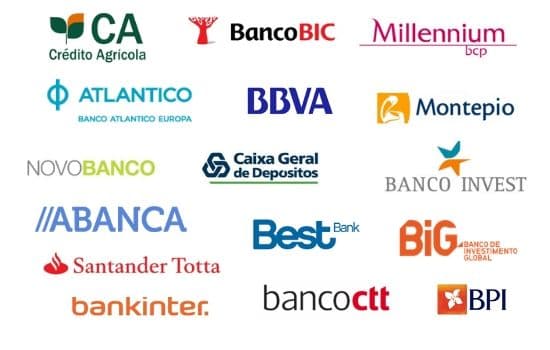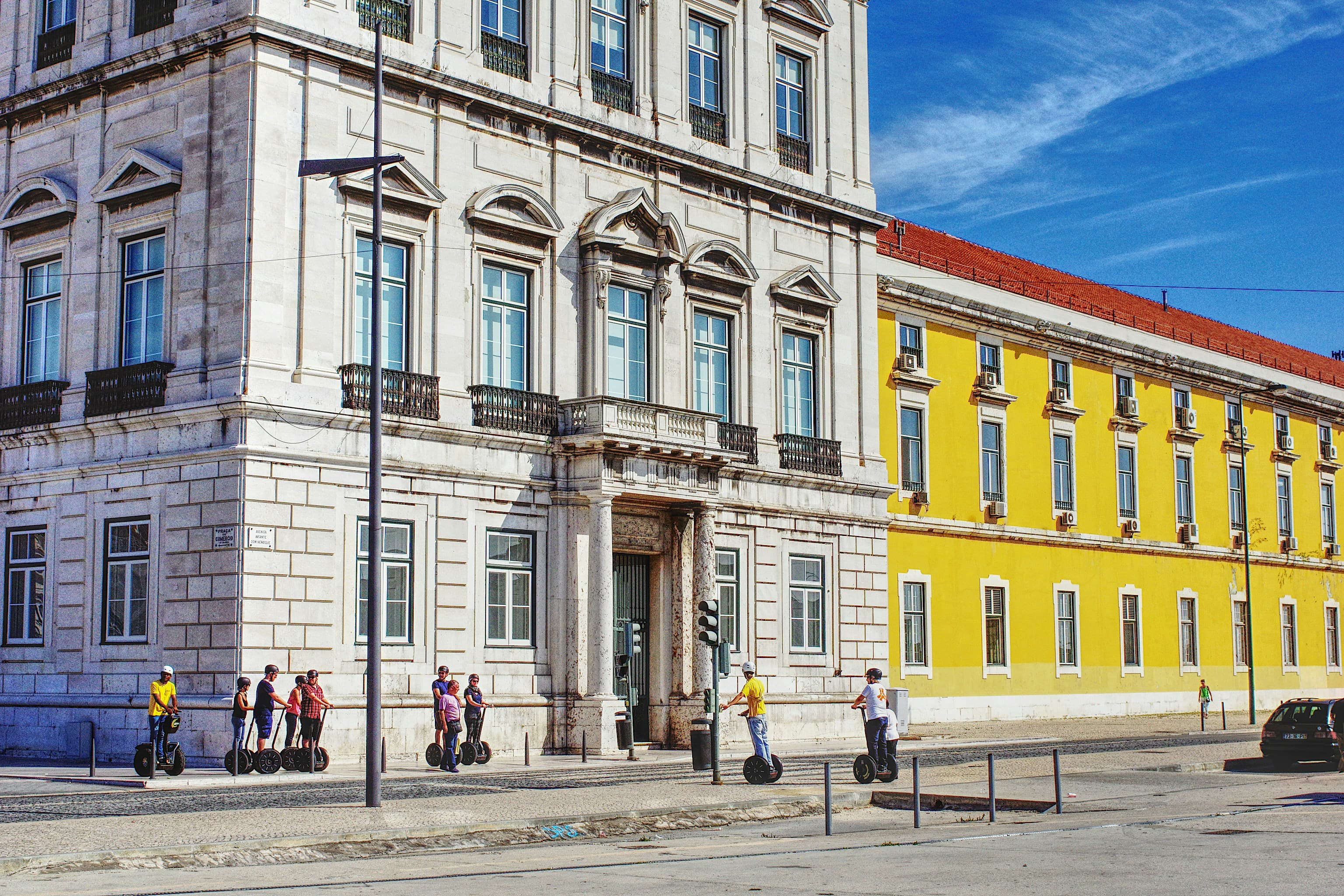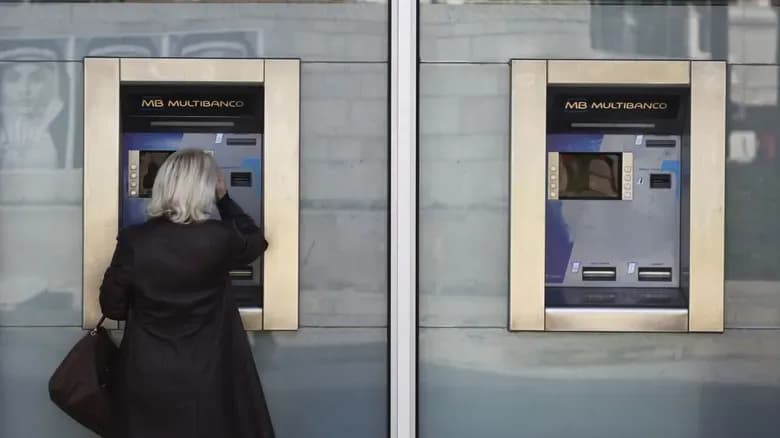
Mortgage Loans in Portugal : Conditions and Rates
Discover mortgage rates, conditions, and practical tips in Portugal to optimise your property investment and manage your budget efficiently.
Portugal attracts numerous people every year (expatriates, investors, and future homeowners) drawn by its climate, quality of life, and property prices that are still relatively affordable compared to other European countries. However, before buying property in Portugal, it is essential to understand the conditions and rates of mortgage loans to secure your investment and optimise your budget. This article provides all the information you need about mortgage lending in Portugal, different types of interest rates, market trends, and practical tips to obtain the best financing possible.
Types of Mortgage Loans in Portugal
In Portugal, mortgage loans come in several forms. Portuguese banks mainly offer fixed-rate and variable-rate mortgages, each with its advantages and drawbacks. Depending on your profile, personal contribution, and, of course, your project, certain types of loans will be better suited than others.
Variable-rate mortgage, the historical standard
Variable-rate mortgages are the most common type of loan in Portugal. Historically, the majority of Portuguese property loans have been issued with rates linked to the Euribor, a European index that reflects the average cost of interbank financing in euros.
The interest rate consists of a fixed margin applied by the bank and the 12-month Euribor (or sometimes the 6-month Euribor). This rate is reviewed periodically, usually once or twice a year. Example: if the bank margin is 1.5% and the Euribor is 0.5%, your effective rate will be 2%.
Why variable rates are popular in Portugal ?
For flexibility, instalments can be slightly adjusted if rates rise or fall; historically low cost because before 2022, Euribor was negative (or very low), making variable rate loans more advantageous than fixed rate loans. And in terms of ease of renegotiation or early repayment, generally less expensive than with a fixed rate loan.
Fixed-rate mortgage, security and stability
Fixed-rate credit is less common in Portugal, but has been gaining popularity, especially after the rise in European interest rates and the 2008 crisis. It allows you to fix the rate for the entire term of the loan, ensuring constant instalments.
They offer the advantage of predictability, as your instalments will not change even if the Euribor rises, and peace of mind, as they are ideal for tight budgets or for those who want to ensure a stable payment plan.
Mixed rates, a hybrid alternative
Some Portuguese banks now offer mixed-rate loans, which combine a fixed rate for an initial period (usually 5-10 years) and then automatically switch to a variable rate. This option provides security for the initial years while allowing borrowers to benefit from potential drops in variable rates in the medium term.

© jakub zerdzicki - unsplash
Portuguese Real Estate Market and Rate Trends
Influence of the economic crisis
Following the 2008 financial crisis and the European debt crisis, the Portuguese property market underwent several adjustments. Banks became stricter with lending conditions, generally requiring a minimum personal contribution of 10% of the property price, depending on the borrower’s profile and loan term.
During this period, variable rates were extremely attractive (some Euribor rates were even negative!), which reinforced the Portuguese culture of variable-rate mortgages. This trend continued until recently, with historically low rates driving demand for property.
Rate increases in 2022-2023
Since 2022, the European Central Bank has raised interest rates to curb inflation. The direct consequence: the Euribor returned to positive territory, impacting variable-rate mortgages. Monthly payments for many borrowers increased, sometimes even doubling, which has encouraged some to consider fixed-rate loans to stabilise their finances.
Mortgage Loan Conditions in Portugal
Obtaining a mortgage in Portugal requires meeting certain conditions, which may vary by bank.
Age and employment status : banks typically require borrowers to have a stable income and employment. Non-residents often need to provide work contracts or proof of income abroad.
Personal contribution : usually between 10-30% of the property price; the higher the contribution, the better the chances of securing a favourable rate.
Loan term : usually between 20 and 40 years; longer terms increase total interest costs.
Debt-to-income ratio : banks assess repayment capacity, considering income, expenses, and existing loans. Debt generally should not exceed 30-40% of monthly income.
Tips to Optimise Your Mortgage Loan
Compare banks : Each institution offers different margins and conditions. Request simulations from several banks.
Negotiate the bank margin : while the Euribor is public, the margin added by the bank can often be negotiated, especially with a strong financial profile.
Evaluate variable-rate risk : if choosing a variable rate, calculate the potential impact of a significant Euribor rise on your monthly payments.
Consider fixed rates for tight budgets : if you want certainty, a fixed rate provides peace of mind over the long term.
Higher personal contribution : borrowing less reduces monthly payments and total loan costs.
Choose an appropriate term : shorter terms reduce interest but increase monthly payments; adjust according to your financial capacity.
Particularities for Expatriates
Non-residents can obtain mortgages, but banks may require higher personal contribution (often 20-30%) ; proof of stable and regular income ; opening a Portuguese bank account ; mandatory insurance contracts
Some banks are more flexible with foreign clients, particularly in areas popular with expatriates, such as Lisbon, Porto, or the Algarve.
Mortgage loans in Portugal are more than just financial tools; they reflect a cultural philosophy. Portuguese people often think short-term, focusing on the present rather than the distant future. This approach explains the historical preference for variable-rate loans, which offer flexibility and immediate access to property, allowing projects to be realised without excessive concern for future rate fluctuations.
This present-focused mindset also explains why mortgage terms are often very long, sometimes up to 40 years, enabling even those with limited budgets to become homeowners. In Portugal, a mortgage is therefore more than just financing: it is a real opportunity to purchase a property and make the most of the present. Understanding this approach, its advantages, and limitations is essential for expatriates and investors. By knowing the rates, bank conditions, and loan durations, it is possible to fully benefit from local practices and realise your property project with confidence.
Share this article
Suggested articles

Payment Methods in Portugal Cards, MB Way, and Cash
Portugal attracts millions of visitors every year, as well as a growing population of expatriates from Europe, Africa, and the Americas. For newcomers, understanding how payment methods work in the country is essential for managing a budget, making everyday purchases, and avoiding unpleasant surprises.

Money Transfers France ↔ Portugal: Best Solutions
More and more French citizens are living, working, or investing in Portugal. Whether expats, students, retirees, or entrepreneurs, money transfers between France and Portugal have become a daily reality. But with hidden fees, varying transfer times, and sometimes unfavorable exchange rates, choosing the right transfer method is essential.

Opening a bank account in Portugal : how to do it
You’ve decided to settle under the Portuguese sun, coffee in hand and maybe a pastel de nata for dessert ? Excellent choice. But before you fully relax, there’s one essential step : opening a local bank account. Because yes, even in Portugal, things “run smoother” when you’ve got a Portuguese IBAN. Here’s how to do it, without losing your mind, promise !

Online Banks and Neobanks Operating in Portugal
Portugal, known for its hospitality and relaxed lifestyle, is also a country looking toward the future. In the financial sector, it is establishing itself as a European laboratory for digital banking services. With a young, connected, and tech-savvy population, online banks and neobanks have found an enthusiastic audience here.

Real Estate as an Investment in Portugal, Pitfalls and Opportunities
Investing in real estate in Portugal is a dream for many foreigners ! With sunshine throughout the year, a pleasant climate, and a high quality of life, everything seems to be in place for buying a house or an apartment in this small European country. However, behind this attractive image lies an essential reality : the Portuguese real estate market is not fully regulated. This creates both opportunities and potential pitfalls for investors. Understanding how the market functions and where the risks lie is key to making a successful investment.

Withdrawing Cash in Portugal Fees, Pitfalls and Tips to Avoid Surprises
When travelling to or living in Portugal, withdrawing cash may seem straightforward : you find an ATM, insert your card, and take your money. However, behind this simplicity, there can be hidden fees, poor practices, and choices of card or ATM that can significantly increase costs. This guide will help you understand how to withdraw money safely, minimise fees, and avoid unpleasant surprises.


